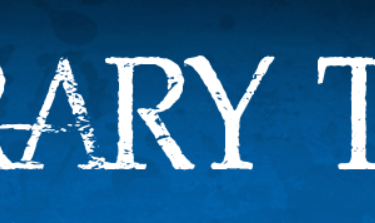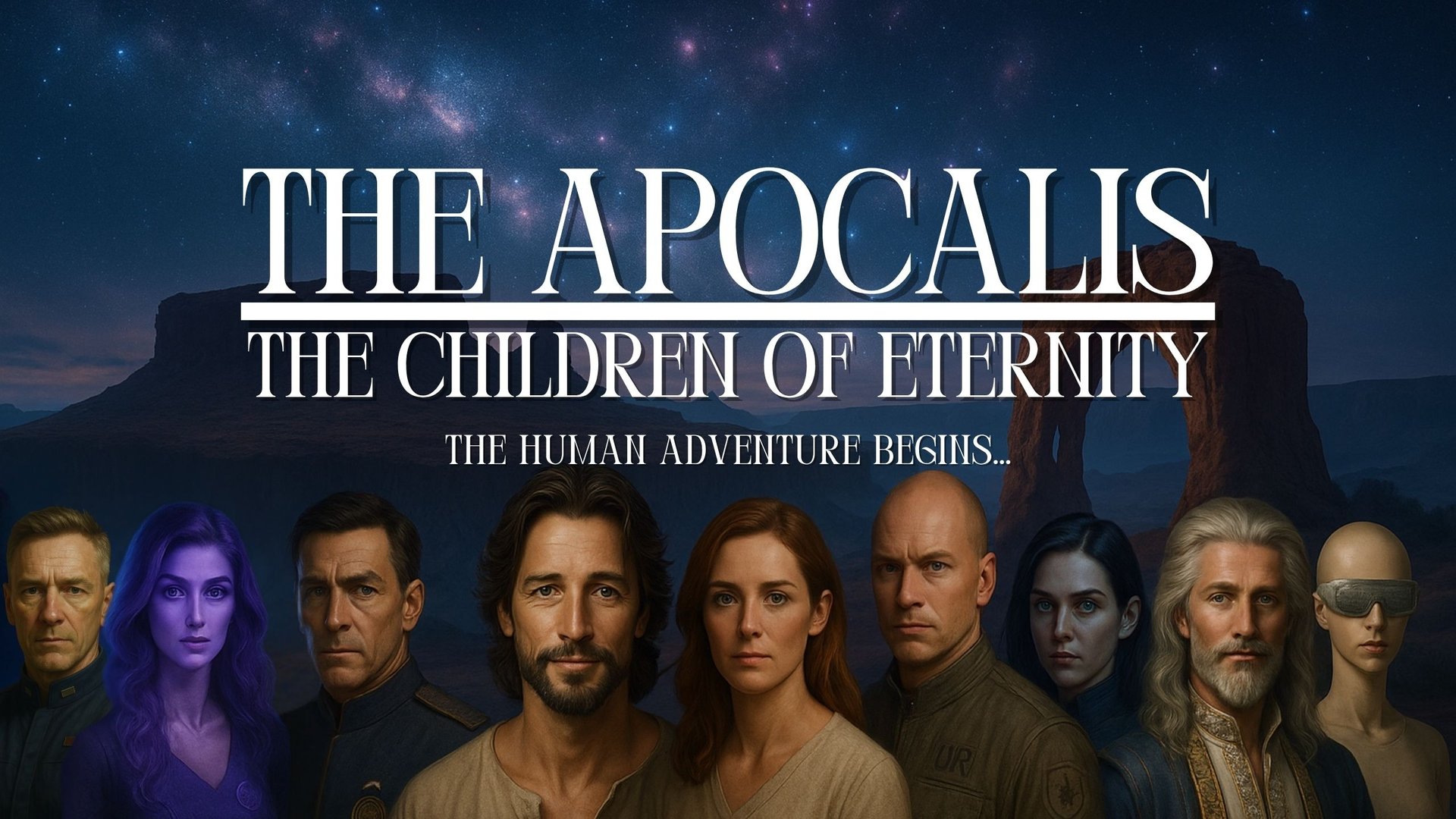Author Interview With Literary Titan
A re-post of my author interview with Literary Titan.


Holindrian and the Human Revolution follows a man living in a carefully constructed world of order created by false gods who becomes a reluctant leader and fights to restore freedom to humans. What was the inspiration for the setup of your story?
Perhaps the most interesting facet of the inspiration for the narrative part of the novel, at least to me, was the idea of a revered figure (think George Washington, for instance) returning after a prolonged absence to inform the inheritors of their country that they had mucked up the whole thing. In a sense, that is very much the relationship Uilliam (and the Aeternam) has with Holindrian. Holindrian learns that he has strayed and sets out to make things right.
I find the world you created in this novel brimming with possibilities. Where did the inspiration for the setting come from, and how did it change as you were writing?
Interestingly enough, I was going through some old papers and notes and stumbled upon an outline from over a decade ago. That story contained several threads that eventually made their way into Holindrian–primarily the elements of genetically augmented humans, the Ways, and intervention by a benevolent alien benefactor. The idea of whether civilizations could have existed prior to what is known from the archeological record, which I became fascinated by years ago, is similarly crucial to the story. The character of Holindrian himself was influenced by a desire to have a single character the reader could follow over long periods of time to bear witness to the cyclical rise and fall of civilizations.
As for how the story changed, what I found both in my initial draft and subsequent revisions was that the historical information that comprises part one and the narrative spanning parts two and three truly seemed to write themselves. The writing process genuinely felt as though I was writing down a history and tale widely known that just hadn’t been committed to paper yet. This (final) iteration of Holindrian is the definitive version of the character during this stage of his life. Any changes that were made between the start of the writing process to the end were almost exclusively to reconcile minor inconsistencies rather than rewriting character arcs or the plot.
What were some themes that were important for you to explore in this book?
The restoration and rediscovery of democracy grew steadily over the writing of the novel, but, maybe more importantly, the nature of the theocratic totalitarian state imposed on the people to stave off future civilization collapse. As readers of the book will discover, the regime offers stability and security but at the cost of individual expression–the society at the start of the story is devoid of art, literature, and music. The Human Revolution component is as much about overthrowing despots as it is rediscovering essential elements of the human spirit.
Is this the first book in the series? If so, when is the next book coming out, and what can your fans expect in the next story?
Yes, but in much the same way The Hobbit is part of The Lord of the Rings. There are characters and concepts that are introduced in Holindrian & The Human Revolution that will have great importance in a future, more tightly fitted narrative. I’m currently in the process of wrapping up the editor’s comments on the latest draft of the next book, with the sequel to that work completed and ready to begin its first round of edits. For now, I’ll say that the Human Revolution does not end with the overthrow of tyranny–it is a continual process of growth and exploration. Fans of Star Trek: The Next Generation will recall that Q told Picard at the end of the series that true exploration is to chart the unknown possibilities of existence. In a way, the books to come are predicated on offering a possible answer to that challenge. The next book is targeting a Q1 2026 release.


